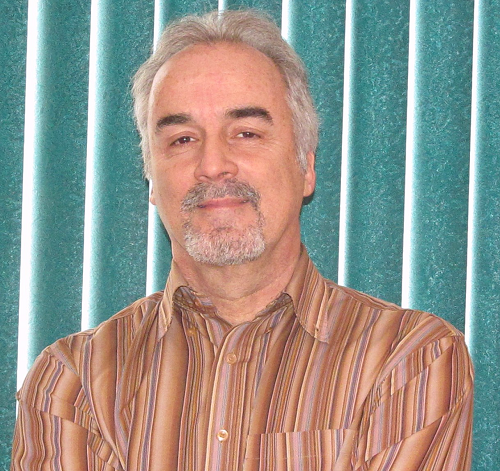Paul Dufour
May 25, 2022
Paul Dufour is Principal of PaulicyWorks. He is a Board member of the student-led Science Policy Exchange based in Montréal and the Ottawa Science Policy Network, and a mentor for the Chief Science Advisor of Canada’s Youth Council. Mr Dufour served as Interim Executive Director of the Office of the National Science Adviser to the Government of Canada. Mr Dufour was a member of the Royal Canadian Geographical Society gold medal award-winning Canadian National Committee for the International Polar Year. With over four decades of experience in policy advice, he was the lead of the Research on Knowledge Systems project with the International Development Research Centre; managed the science and technology attaché network at Foreign Affairs Canada; headed the international partnerships group at Natural Resources Canada, and advisor to several of Canada’s Ministers for Science, Research and Development. He was an Investment Committee Member of Grand Challenges Canada for global health for eight years.
Mr. Dufour was educated at McGill, the Université de Montréal and Concordia University in the history of science and science policy. He writes regularly for various research magazines and publications, and consults on global developments in science and technology. He co-edited the Cartermill Series of books on science in Japan, Germany, the United Kingdom, and Southern Europe. He is the author of the Canada Chapter for UNESCO’s 2020 (and 2015 and 2010). He is also co-editor of the book on the contributions of the Science Council of Canada to the science, technology and innovation debates as well as co-editor of selected speeches and remarks of Nobel laureate Gerhard Herzberg on The Value of Science in Society and Culture.
In 2019, Mr Dufour was the first recipient of the Canadian Science Policy Centre Award for Exceptional Achievement in Science Policy.
